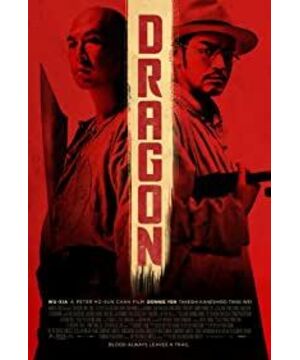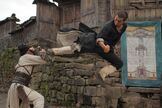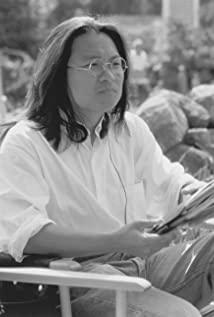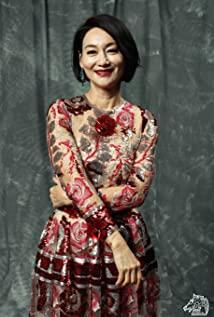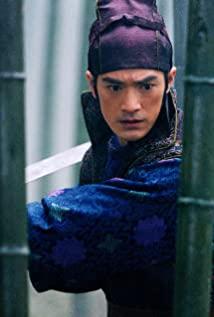Chen Kexin is the type of Hong Kong director who is ahead of the times. He is not obsessed with his own style, and he is more bold in the use of various westernized elements. His films have a hidden joy of collision. From "Famous Name", "October Siege" to this "Wu Xia", it shows that in the background from the late Qing Dynasty to the Republic of China, which he loves, the consistent Compassionate justice, and some kind of flexible narrative structure.
What makes "Martial Arts" eye-catching is the general fighting explanation in the first half of the technical post. The slow-moving action brings a sense of delayed beauty to the camera; while the overlapping of time and space and time-travel-style reasoning and judgment are the usual methods of many American crime dramas. Takeshi Kaneshiro's yamen detective has a kind of miraculous neuroticism. His unblinking stare at Donnie Yen dyes this part with an eerie femininity that extends intermittently to the end. Starting from Donnie Yen flying the stool to counterattack Hui Yinghong, the overwhelming fighting has turned into a complete show. The flying over the eaves and the walls, the hesitation and indulgence when fighting, liberated this warrior who was not good at expressing his lines. Donnie Yen's letting go of Hui Yinghong is a refusal to recognize his past identity and a beautiful fantasy of the concealment of chivalry. This killing was not out of grudge, but just to exchange for a kind of identity, which is an idealism that is difficult to achieve in Chinese films with traditional themes. Even the ultimate villain, Wang Yu, wanted to win a perfect family identity that did not exist in reality out of a lack of psychology. Some abstract things are magnified to the extreme in "Wu Xia", which also makes the film more confident when interpreting grand propositions.
Donnie Yen's role is different from the previous "heavenly task", he is the righteousness and morality of ordinary people. Takeshi Kaneshiro tried his best to evoke his violent nature by hurting his body, but he was dispelled by some kind of Taoist aura. Hui Yinghong only used the simplest and most brutal knife to awaken Tang Long's responsibility as a chivalrous person with the help of the sacrifice of innocent people. This is a kind of innate sense of responsibility on the moral level of society. This quality, when you grow up, can help the world, and when you take a step back, it melts into oneself. In essence, they are all chivalrous, but the difference in expression.
Neither Tang Wei nor Donnie Yen are the kind of actors who are good at inner drama, and Chen Kexin is really not good at shaping round characters, and even the cause and effect explanation of the relationship between the characters is difficult to consider thoroughly. This may be a common problem for Hong Kong directors, and in some cases this drawback makes their works more digestible by ordinary audiences. The emotional scenes exposed in the film are a failure, suppressed to distorted weeping, inexplicable sadness, and the emotions between the characters are deepened very far-fetched. I think the most natural performance is Hui Yinghong, who has more exaggerated emotions. When she finally forced Liu Jinxi to return to Tang Long's identity, she couldn't help but smile even made me sad.
"Xia" is a treasure endowed by Eastern philosophy on film art. There are many film and television works about martial arts, but only very few can really move people. Chen Kexin is not an ambitious filmmaker. More often, he acts like a player, using the film carrier to test his curiosity and innovation, and enjoys it. "Martial Arts" confirms a very simple adage: being a good person is difficult; being a low-key good person is even harder; being a low-key good person who loves a beautiful village girl with hatred and sin is harder than making a good movie.
"Beijing News" Manuscript
View more about Dragon reviews


